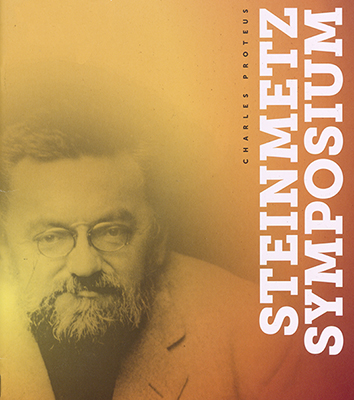Document Type
Open Access
Location
Lippman 014
Faculty Sponsor
Joyce Madancy
Department
History
Start Date
13-5-2022 1:50 PM
Description
This project shall examine the interactions of actors in the political realm of China with two ideologies, Buddhism and Confucianism, during the period ranging from the beginning of the Tang Dynasty in 618 until the end of the reign of the Emperor Yongle of the Ming Dynasty (1368-1644) in 1424. During the time period selected, several actors, both political and religious, attempted to make use of philosophical and religious traditions, these being Confucianism and Buddhism among others, to justify the political rule of either themselves or to further the political needs of their own religious tradition. Each figure was chosen primarily because he or she was a crucial political or intellectual figure for each of their dynasties; Wu Zetian and Emperor Wuzong for the Tang, Zhu Xi for the Song, Khubilai Khan for the Yuan, and the Hongwu and Yongle Emperors for the Ming. Each figure also interacted significantly, whether positively or negatively, with both Buddhism and Confucianism over the course of their careers, even in the case of the thinker Zhu Xi. Nevertheless, each figure primarily associated themselves politically and ideologically with one of the two traditions, or in the Emperor Wuzong's case, the third tradition of Daoism. This project therefore examines themes of political power, patronage, ideology, religion, thought, and legitimacy within the context of Dynastic Chinese history extending from the Tang through the Early Ming.
Patronage, Power, and Ideology: Political Actors and Buddhism and Confucianism in China from the Tang to the Ming
Lippman 014
This project shall examine the interactions of actors in the political realm of China with two ideologies, Buddhism and Confucianism, during the period ranging from the beginning of the Tang Dynasty in 618 until the end of the reign of the Emperor Yongle of the Ming Dynasty (1368-1644) in 1424. During the time period selected, several actors, both political and religious, attempted to make use of philosophical and religious traditions, these being Confucianism and Buddhism among others, to justify the political rule of either themselves or to further the political needs of their own religious tradition. Each figure was chosen primarily because he or she was a crucial political or intellectual figure for each of their dynasties; Wu Zetian and Emperor Wuzong for the Tang, Zhu Xi for the Song, Khubilai Khan for the Yuan, and the Hongwu and Yongle Emperors for the Ming. Each figure also interacted significantly, whether positively or negatively, with both Buddhism and Confucianism over the course of their careers, even in the case of the thinker Zhu Xi. Nevertheless, each figure primarily associated themselves politically and ideologically with one of the two traditions, or in the Emperor Wuzong's case, the third tradition of Daoism. This project therefore examines themes of political power, patronage, ideology, religion, thought, and legitimacy within the context of Dynastic Chinese history extending from the Tang through the Early Ming.


